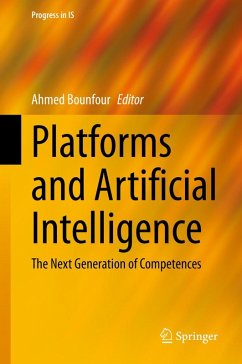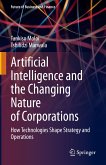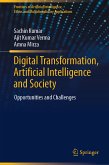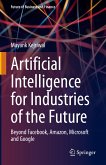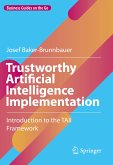Moreover, the book addresses five main themes: 1. platforms, platformization, and the foundations of their business models; 2. artificial intelligence, technological tendencies, and the policy agenda; 3. artificial intelligence, productivity, and the next generation of competences; 4. artificial intelligence, productivity, and the digital divide; 5. artificial intelligence, ethics, and the post-truth society.
The book's content is mostly based on papers presented at the last two installments of the World Conference on Intellectual Capital for Communities. It brings together the views of leading scholars and experts on how artificial intelligence and platformization will impact competences in the near future.
Dieser Download kann aus rechtlichen Gründen nur mit Rechnungsadresse in A, B, BG, CY, CZ, D, DK, EW, E, FIN, F, GR, HR, H, IRL, I, LT, L, LR, M, NL, PL, P, R, S, SLO, SK ausgeliefert werden.

